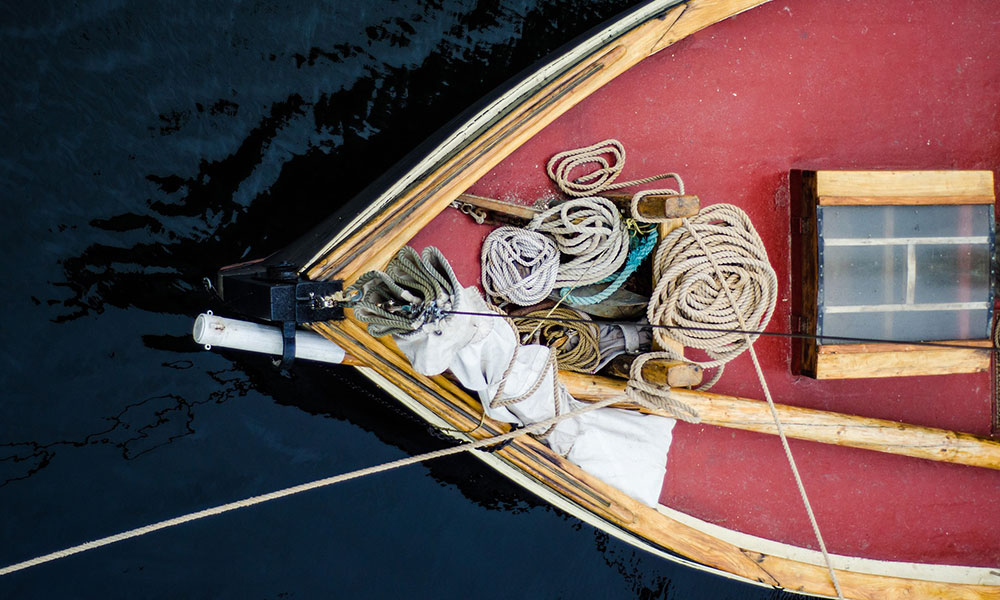
Boating Groups Stress Safety for July Fourth
The National Safe Boating Council and the National Association of State Boating Law Administrators are using their ongoing campaigns to promote safe boating over the Fourth of July.
Editor’s note: This story, originally posted in 2017, has been updated.
The July4 holiday has some of the highest boating traffic of the summer, and to make sure that those celebrating on the water keep safe, the National Safe Boating Council is sharing helpful reminders.
“The July 4 holiday is around the corner, and unfortunately is known for drinking and boating, and deadly accidents,” said former NSBC Executive Director Rachel Johnson, CAE, in a 2017 press release. “Operating a boat—or even being a passenger—is incredibly risky while under the influence of alcohol or drugs. Drunken passengers can easily fall overboard, swim near the propeller, lean over the side, or stand up in small boats, causing them to capsize.”
According to the U.S. Coast Guard, one third of boating fatalities involve boating under the influence. Through its year-round North American Safe Boating Campaign, NSBC is reminding people of the dangers of BUI and that there could be legal consequences if a boater is pulled over: citations, tickets, and driver’s license revocations.
“A lot of boaters don’t realize, first of all, the … environmental stressors can have an impact—like the sun, the wind, the vibrations of the boat can actually amplify the effects, making it even possibly more dangerous than not being in those elements,” Johnson told Associations Now. “And then overall a lot of boaters don’t realize that there are negative legal consequences.”
To raise awareness of BUI in preparation for July 4, the National Association of State Boating Law Administrators (NASBLA) hosted its annual nationwide Operation Dry Water, a heightened enforcement and education campaign from June 29 through July 1. NSBC, the U.S. Coast Guard, and law enforcement agencies are partners of the campaign.
“Impairment can be even more dangerous for boaters, since most have less experience and confidence operating a boat than they do driving a car,” NASBLA Executive Director and CEO John Johnson, CAE, said in a 2017 statement.
In 2017, 658 people died in recreational boating incidents, according to U.S Coast Guard accident statistics [PDF]. NSBC also offers safety tips for those planning to engage in recreational boating, including wearing life jackets, having emergency plans, watching the weather, and being aware of others and water traffic laws.
(stanvpetersen/Pixabay)






Comments